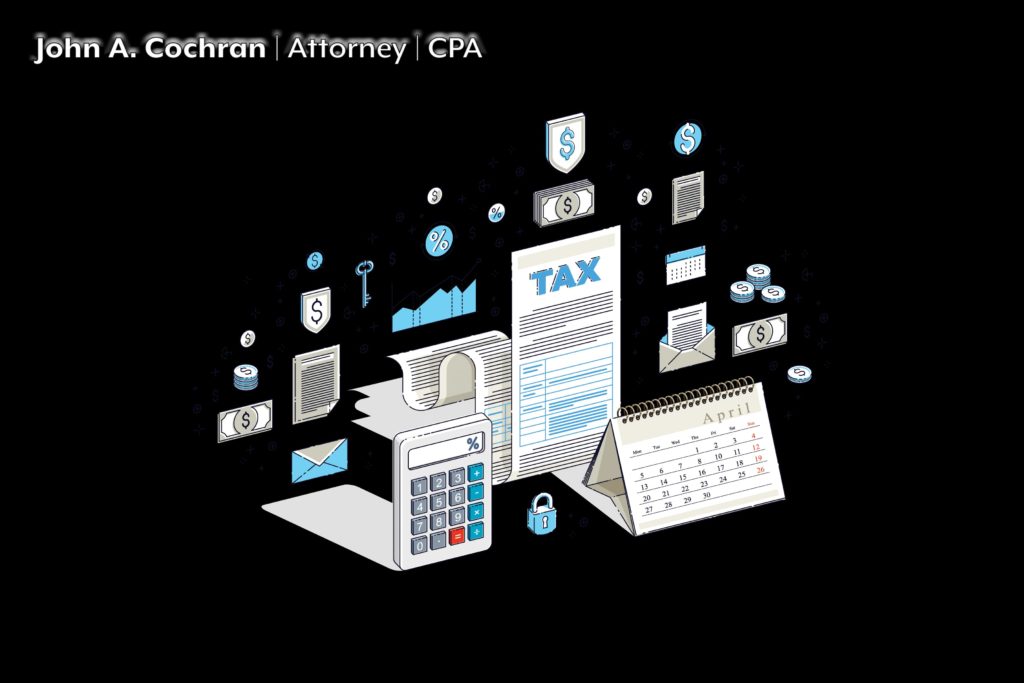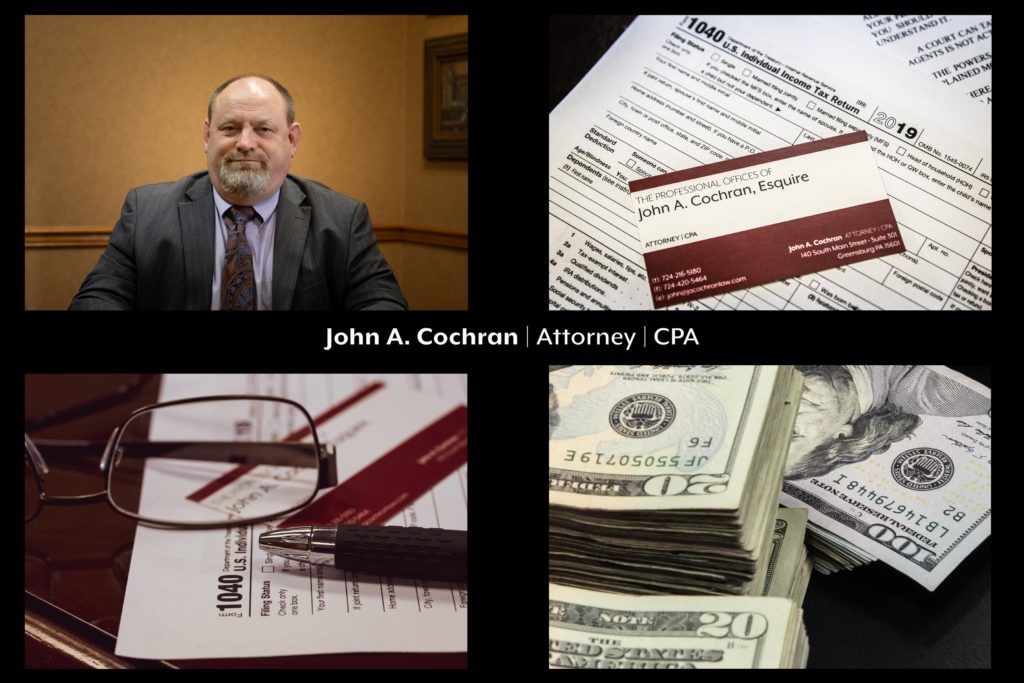No one likes to see that letter from the IRS “congratulating” you on being audited. Before you throw the notice aside and bury your head in your couch, read these basic steps to a tax audit. You should always consult a tax professional, and with our assistance you can get through an audit. We promise.
1. Read Letter and Response Time
The first basic step to a tax audit is to read the letter you receive from the IRS. The letter will outline the next steps you need to take. You generally have 30 days to respond to the notice. Responding in a timely fashion will get the ball rolling. This also means you may have a lot of work to do to get ready. It helps to have a tax professional at your side to keep you focused.
Should you decide to engage in the bury-your-head-in-the-couch tactic, the IRS foregoes giving you a chance validate your figures. They just automatically adjust your amount owed and send you a bill. That bill will undoubtedly include penalties and interest on the outstanding amount they think you owe.
2. Win Brownie Points for Being Organized
Think of this like a court case for your taxes. Get all your records together for the portions in question. Any documentation that corroborates with your tax return will help you case and make their life easier. You may save your receipts in a shoe box but sharing them that way will not help your case.
Having the requested material organized will expedite things. Plus, the easier you make going through your files for the IRS examiner, the more they will trust your documentation.
3. Leave Sideshow Material at Home
Also, only provide what they request. Trying to distract them with material from another part of your return will only accomplish two things. You will annoy the auditor with extraneous stuff or potentially make them interested in something they weren’t before. Neither of which is a good thing if you’re looking to get out of your meeting in minimal time.
4. Keep Your Original Documentation
Always make copies of supporting documentation you provide to the auditor. If for some reason production of an original document is necessary, request the auditor make copies for themselves. Do not leave your meeting without the original documents. Any material you give to the IRS, they will likely lose. Also, you should know they will not be responsible for records lost while in their possession. You, however, will need those originals for any future questions. It sucks, we know. Think of it like giving a toddler ringbearer the REAL wedding bands.
5. Be Nice
No matter what we talk about in our office with clients, above all we tell them to be nice. IRS auditors are people, too (believe it or not). In a world steeped with negativity and quick fuses, it’s easy to forget that crappy behavior will yield crappy results. Also, you can face serious consequences if you engage in threatening or physically aggressive behavior. That’s a federal offense… and likely a highlight on the evening news. So just be nice, even if you perceive they’re acting rude, which the Service rarely does. Seriously per a famous Pennsylvanian, Ben Franklin: “You catch more flies with honey than vinegar”
These basic steps to a tax audit can help you know what to expect. However, throughout the entire process, you should know your rights as a taxpayer. The IRS mission is to provide America’s taxpayers top-quality service by helping them understand and meet their tax responsibilities. They also pledge to enforce the law with integrity and fairness to all. An experienced tax attorney will help to ensure they uphold their mission.
Don’t go it alone. We can walk you through the basic steps of a tax audit and minimize your tax liabilities. Call John A. Cochran, Esquire, in Greensburg at 724-216-0704 or use our online form.






